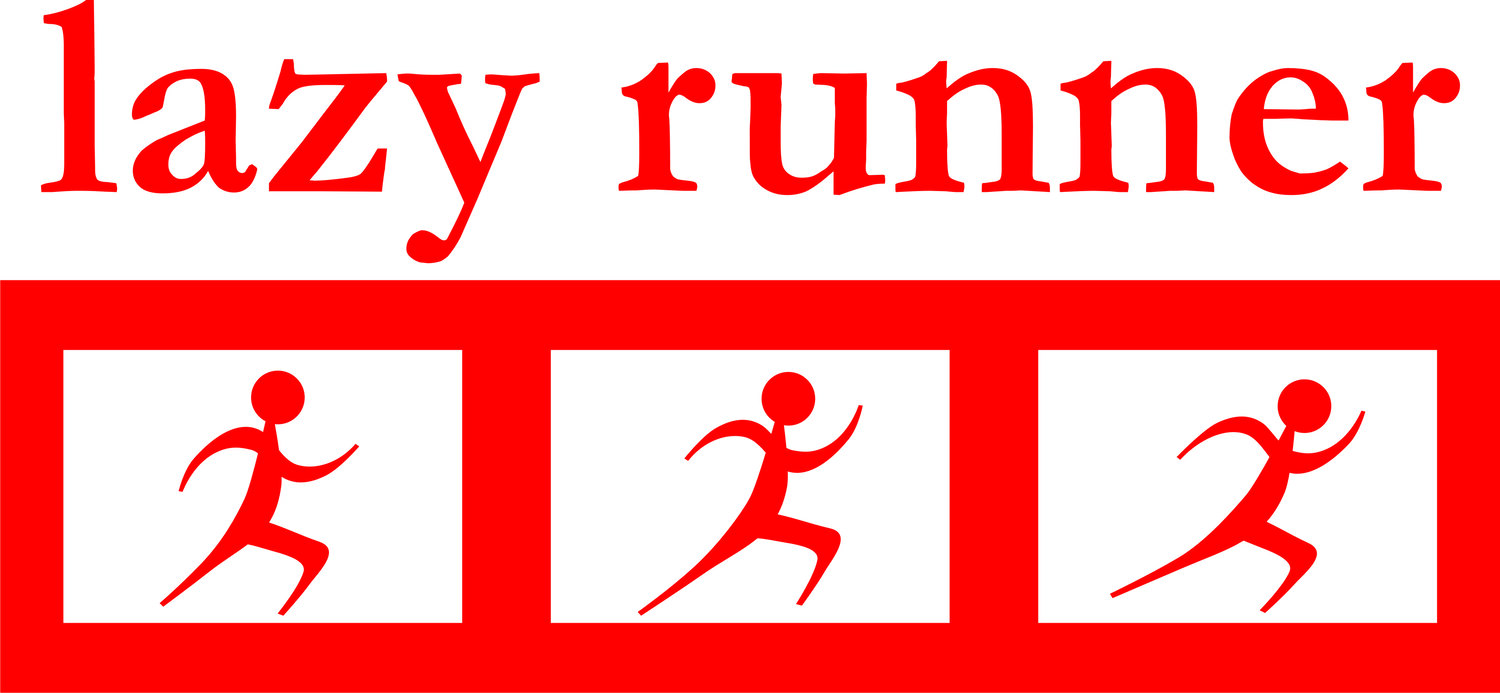Carbs For Runners
Runners need carbohydrates. A runners diet should contain 50-55% carbs, 15-20% protein and up to 30% fat. Carbohydrates are converted to glycogen stores in the body and that's what converts to energy to be used for all activities during your day.
If your glycogen stores are depleted you start to use protein stores and that's not desirable. This is the point commonly called 'Hitting the Wall' for athletes. I have felt that sensation when I ran my marathons, it is a lightheated, whoozy feeling where all of your energy seems to leave your body, luckily it doesn't last long as your protein energy kicks in, and for me it occurred near the end of the race. However, it is not a good state to be running in.
One of the biggest problems with carbs in the Australian diet, is that most of us eat enough in our average diet to fuel a marathon runner, and we are not all running marathons (not yet anyway!).
The energy we receive from those carbs when not used up in activity has to go somewhere and usually they get stored to fat, just saving up for a rainy day.The carbs that are turning to fat are usually what I call the white carbs, or simple carbohydrates. White breads, pasta and rice, cakes , biscuits, processed carbs like muesli bars, sweet cereals etc, they will certainly provide the energy you require, but if you don't use all that energy, it has to go somewhere!
Natural carbs or complex carbohydrates are in most food we eat anyway, fruit and vegies, wholegrains (breads and cereals), fruit juices etc. have plenty of carbs as well. Carbs are not hard to find, in fact the 55% can be easily taken in over a day. The trick is to eat the good carbs not the bad ones.
The good carbs are the ones that leave you feeling full, they stay in your system longer and release energy over the day and really kick in when you need them, as in running.
The bad ones give you that great little buzz of energy but tend to only last for short bursts, commonly known as a sugar fix.It is fine to have a 'the sugar fix' before you do a physical workout, in fact the sports drinks companies insist upon it. Fruit juice and bananas work just as well.
However, you shouldn't need to drink the sports drinks other than for that reason, to give you energy before a run or directly after one.
Just be aware that carbohydrates should always be the most consumed fuel in your diet, but if you feel your weight is creeping up, you should look at the type of carbs you are eating and when you are eating them.
